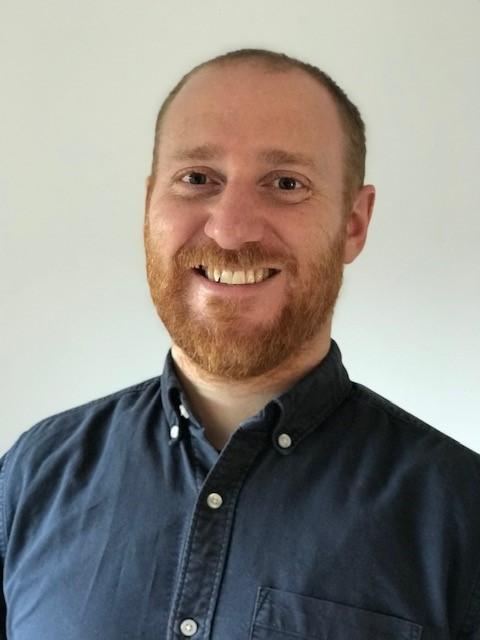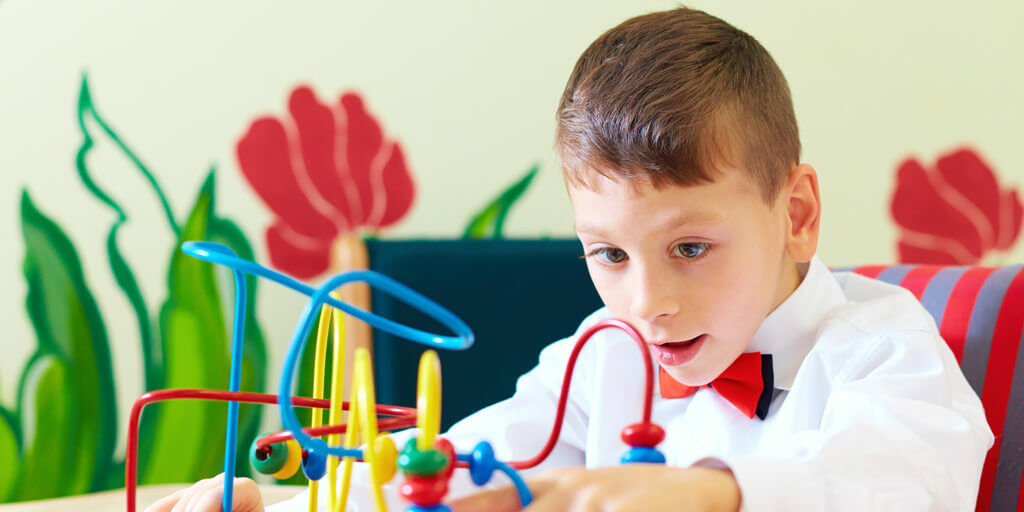 My name is Dr Paul Thompson, and I am a Research Fellow in Applied Statistics in CEDAR at the University of Warwick. My research focuses on the application and development of statistical methodology to real world problems.
My name is Dr Paul Thompson, and I am a Research Fellow in Applied Statistics in CEDAR at the University of Warwick. My research focuses on the application and development of statistical methodology to real world problems.
About me
I’ve been fortunate in my career as a statistician to be able to work in a range of different areas, starting in methods development in extreme weather predictions, medical screening, and clinical trials, before moving in to applied work in psychology.
Between October 2008 and July 2009, I worked as a postdoctoral researcher for the Fetal Medicine Foundation. The purpose of this role was to develop new pre-natal screening algorithms to distinguish Down Syndrome pregnancies from maternal Pre-eclampsia, as they appear to have similar indicators during pregnancy. Pre-eclampsia can lead to very serious complications during childbirth, but it can be treated simply if picked up early on in pregnancy. An additional benefit is that unnecessary invasive testing can be avoided if the distinction between conditions can be more accurately predicted.
I then held the role of Senior Research Fellow in Applied Statistics at the Centre for Biostatistics, Bioinformatics and Biomarkers, Peninsula school of Medicine and Dentistry (Plymouth and Exeter Universities). The focus of this research was the development of statistical models to describe individual differences in Alzheimer’s and Parkinson’s disease patient’s trajectories. This work informed how randomised controlled trials are designed and showed potential improvements on how treatments are evaluated as these patients’ disease courses can be very different, ranging from months to years to decades.
In January 2014, I moved to Oxford University within the Department of Experimental Psychology to work on a wide range of projects including behavioural, genetics, and neuroimaging (brain scanning) studies in developmental language disorders such as Dyslexia, and Developmental Language Disorder, and language development in those with learning and developmental disabilities, such as Down Syndrome and Autism.
I joined CEDAR at the University of Warwick in September 2021 as an Applied Statistician and will be working on a range of projects including randomised controlled trials, observational studies, and developing new statistical analysis methods. I will be working with Cerebra-funded PhD students and researchers at CEDAR to help develop their research ideas and provide statistical advice on the best way to analyse the data from their studies. Specifically, I will be involved in the 1000 Families Study and the Positive Family Connections intervention study.
I will also be using data from the Cerebra 1000 Families Study to develop new ways of analysing these data to hopefully further improve research in this area.
I’m a father of two children, one with a serious health condition (Cystic Fibrosis). I enjoy spending time with my family and I am a very amateur guitar player.









